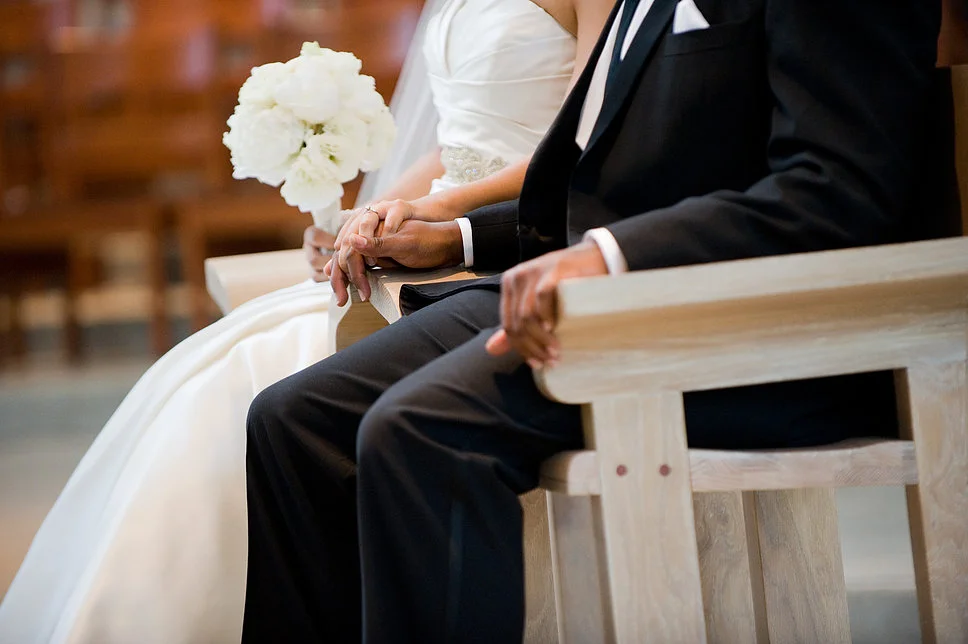August 10, 2011 marks the day I decided to choose me. I had recently gotten married to a man I was in a relationship with for seven years. On the surface, everything seemed great between us. We often publicly shared photos together on social media, wrote love poems about each other, and he even wrote songs about me. Our wedding was absolutely beautiful, with over 200 guests, a 16-person wedding party, a beautiful wedding gown, and a grandiose reception hall. But secretly, we were both in a pit of dysfunction, co-dependency, and depression.
August 11 was a hot Wednesday afternoon, and I had been at a Duke health disparities conference all day with friends when he texted me to say, “I’ve been a coward. I’m so sorry about all of this. We need to talk. I don’t deserve to be married to you. I don’t feel like I can provide you with the life you deserve.” When I received the text, I felt a pit in my stomach, but I knew that we were finally facing the inevitable and dreaded discussion about the state of our relationship. Even though we got married on July 23, we had not seen each other, talked, or even touched after the ceremony. We forfeited our flights to Oaxaca, Mexico for our honeymoon and drove over night from Texas back to North Carolina. Immediately upon arrival in North Carolina, he left for a week without answering my phone calls or texts. I spent my honeymoon alone in my apartment, embarrassed and abandoned by my new husband. I blamed myself for his actions because I thought I somehow forced him into marriage even though he repeatedly told me that he wanted to be married and would do whatever it took to stay with me.
Little did I know that he had been hiding a perpetual drug and alcohol addiction and engaging in a sexual relationship with another woman. He never admitted outright to having the affair. I discovered his infidelity through a blog he created where he posted journal entries, poetry, and correspondence with the woman with whom he was having an affair. They would write to each other using pseudonyms and she posted sexually suggestive photos of herself on the site. It was at that moment that everything I thought I knew about our relationship — and my sexual health — was wrong. We were not using condoms because I thought I was in a monogamous relationship and was not at risk for STDs or HIV/AIDS. Again, I was wrong. Luckily, I did not contract any STDs or HIV from him, but the vulnerability was still the same.
I suspected there were major problems in our relationship, but I tried to hold on to faith that we could work things out by getting help from counseling and the church. I prayed about it. Oh, how I prayed to heal our relationship and help me release resentment for the way he treated me! Ironically, I held on to the idea that I could somehow fix him, and help him through his mental health and drug addiction problems. Now, nearly six years later, I realize that while my intentions were good, they were severely misplaced. I needed to focus on choosing myself and not him. I forgave him for ME.
For years, I have debated whether to publicly tell my story because I never stopped wanting to protect him even though he hurt me so much. Yet, how could I expect people to be brave enough to share their stories about living with HIV if I didn't share mine? That Wednesday afternoon in August marked the day I finally found the courage to leave and restart my life. I went through years of therapy and rebuilding my self-esteem. However, I still struggle with trust and security in relationships and constantly work to negotiate boundaries that will protect me. Negotiating boundaries is the most important part to choosing me because it requires me to value my time, energy, and emotions more than others.
Since the end of my marriage, I have become a professional photographer, finished my PhD in Sociology, founded the 2BeatHIV project to empower community members to shape the movement to end the HIV/AIDS epidemic, started a consulting company, and traveled the world speaking about our work. But more importantly, I continue to work with men and women who have been physically and emotionally abused, raped, lied to, and rejected to empower them to make necessary changes in their lives.


